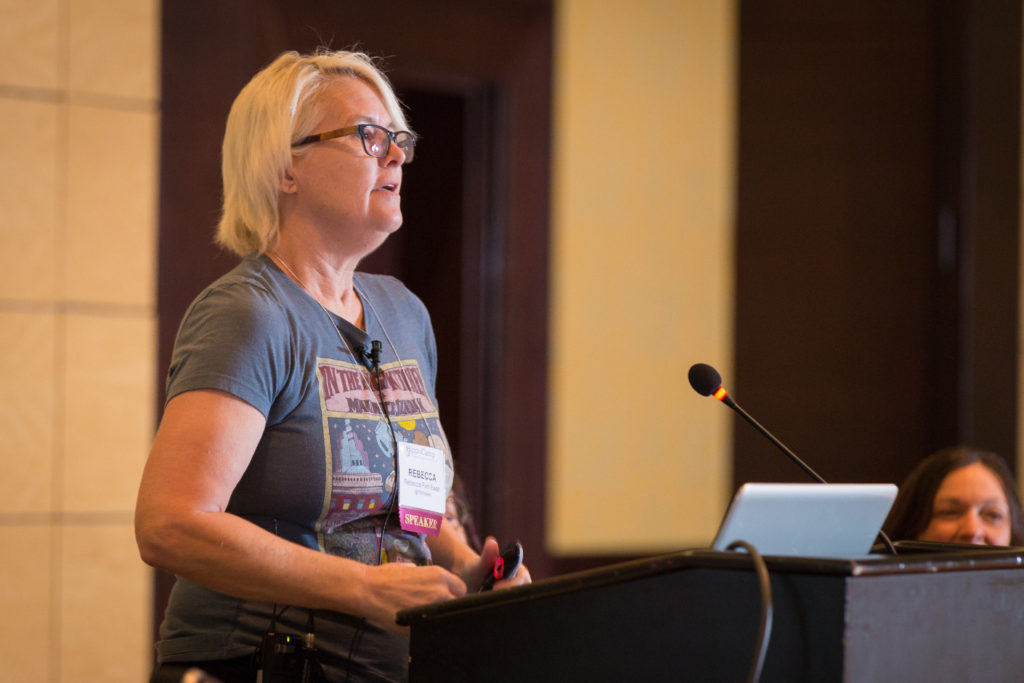Think flash essays, but in person!
In this panel made up of mini-sessions, a group of presenters grace the stage and share their passion and knowledge in brief, seven-minute talks. This fast-paced event is sure to inspire you, give you ideas, and leave you with a few golden nuggets to take home! From generation stories ideas to balancing a day job with the writing life, this has something for everyone.

Commonplace books have been used for centuries by such literary thinkers as Benjamin Franklin, Thomas Jefferson, Robert Burns, and even Sherlock Holmes to organize, store and preserve ideas. Learn how to maximize your efficiency by using a commonplace book to organize research, observation, interviews, memoir, pithy quotes, and other elements of creative nonfiction. We’ll explore the organizational possibilities of commonplace books and discuss fine examples of compelling researched nonfiction.
Presenter: Margaret Montet
You’ve scheduled an hour in the morning or three in the evening, but you’re still distracted–-checking Twitter, worrying about formatting, or slowing down and editing while you write. We’ll look at free (and paid) writing software and text editors including the terrifying Write or Die, timers for manageable workflow, site blockers to keep us from wandering off to Facebook, and a couple of things to block distractions like the internal critic and the sounds of the external world. This presentation will be focused on laptop and desktop users, although many of these are available for tablets and smartphone use.
Presenter: Jodi Doff
What are the differences between a collection of personal essays and a memoir? This explores the autobiographical elements of memoir and the issue of chronology, whether it is always the best way to organize a memoir. It also examines the necessity of a unifying voice in memoir. This voice is unique to memoir and not the same voice as that in a collection of essays. What reminiscences work best for a collection of essays? Is there such a thing as a hybrid of personal essay and memoir? Much depends on the motive for writing what you’re writing.
Presenter: Marc Frazier
Starry-eyed and filled with hopes and dreams of publishing success, many new writers (including the presenter) jump into the industry head first. We end up making the same mistakes as thousands of writers before us, almost all of which are preventable. Save yourself time, money, and effort by learning what these common mistakes are and how to avoid them. Embarrassing personal stories from your presenter will be included at no extra cost (except maybe to her self-esteem).
Presenter: Kelly Kandra
It can be hard knowing what to say when someone asks you to respond to their writing. It’s harder still to create what every writer in a writing group that you attend or lead deserves: a safe space where they can experiment with or develop craft. This workshop addresses these issues and offers ideas for creating that safe space, responding to fresh vs. more developed drafts, and other models, such as the Amherst Writers and Artists method, for responding to writing that help writers unearth their best work while respecting the value of every voice.
Presenter: Joanne Lozar Glenn
(Organizer’s Note: Don’t Quit Your Day-Job: Ways To Make Your ‘Work’ Work For Your Writing has been moved to a full presentation Sunday morning.)
Photo: Rebecca Fish Ewan at HippoCamp 2017 flash sessions.
